John Barnett, a man dedicated to aviation safety for over 32 years, met a tragic and mysterious end. Once a committed Boeing employee, Barnett turned whistleblower, exposing critical safety issues.
His story is not just about corporate ethics but about the courage it takes to stand up for the truth. His sudden death, just days after speaking out, has left many questioning the true cost of transparency in high-stakes industries.
A Premonition of Tragedy
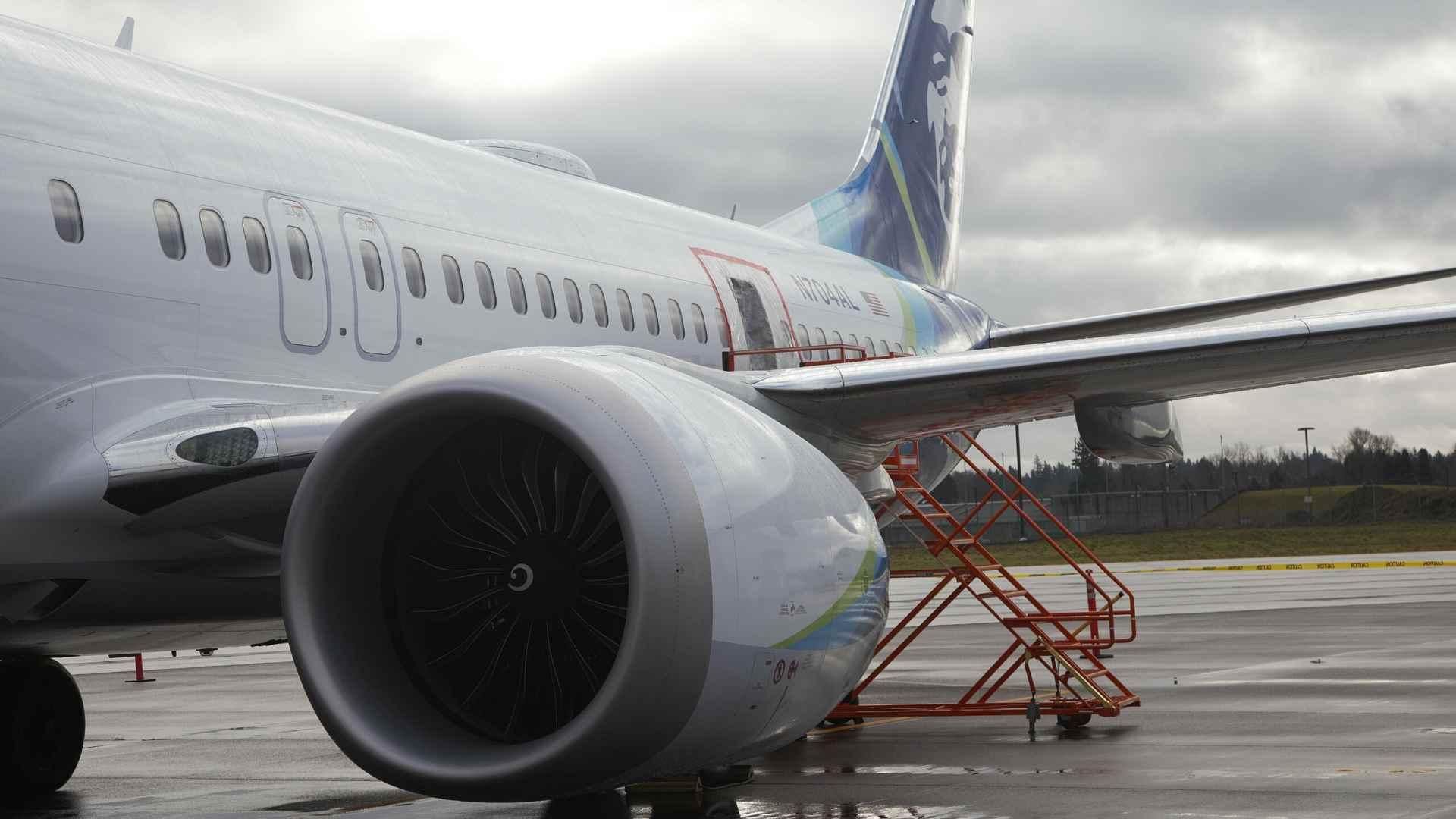
In his final days, John Barnett expressed a haunting premonition to his friend, Jennifer. He was convinced his end was near, and she says he warned her, “If anything happens to me, it’s not suicide” (via ABC News 4).
This stark warning came after his decision to expose safety issues at Boeing, highlighting the weight of the secrets he carried and the dangers he anticipated.
Dedicated Service at Boeing
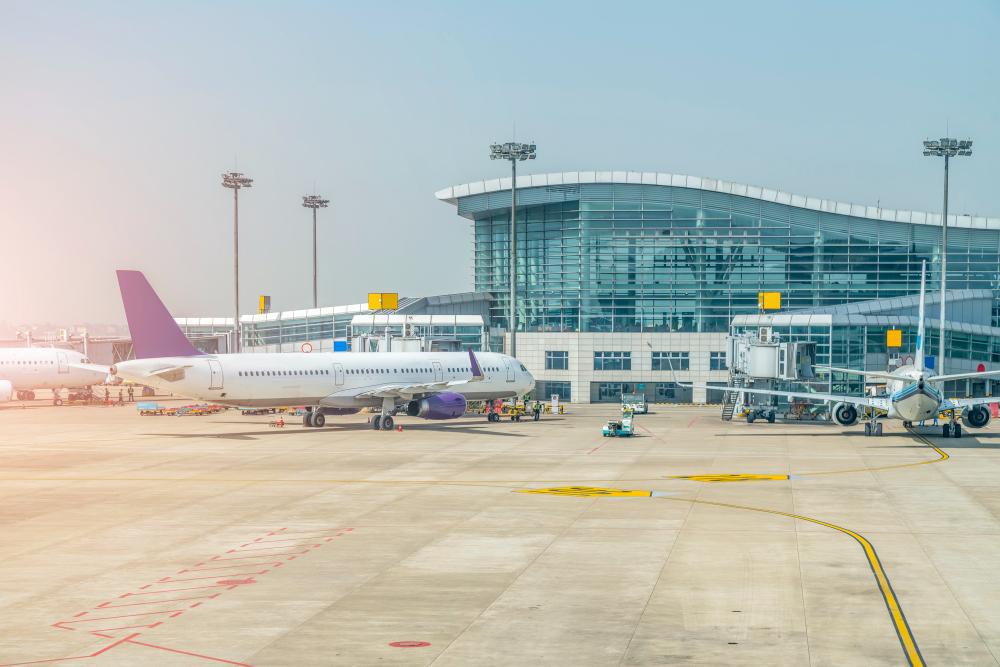
John Barnett’s 32-year tenure at Boeing was marked by a steadfast commitment to ensuring the safety and integrity of aircraft manufacturing.
As a quality manager, especially in the final seven years, he became increasingly concerned with the company’s safety practices. This dedication set the stage for his transition from a respected employee to a determined whistleblower.
The Turning Point
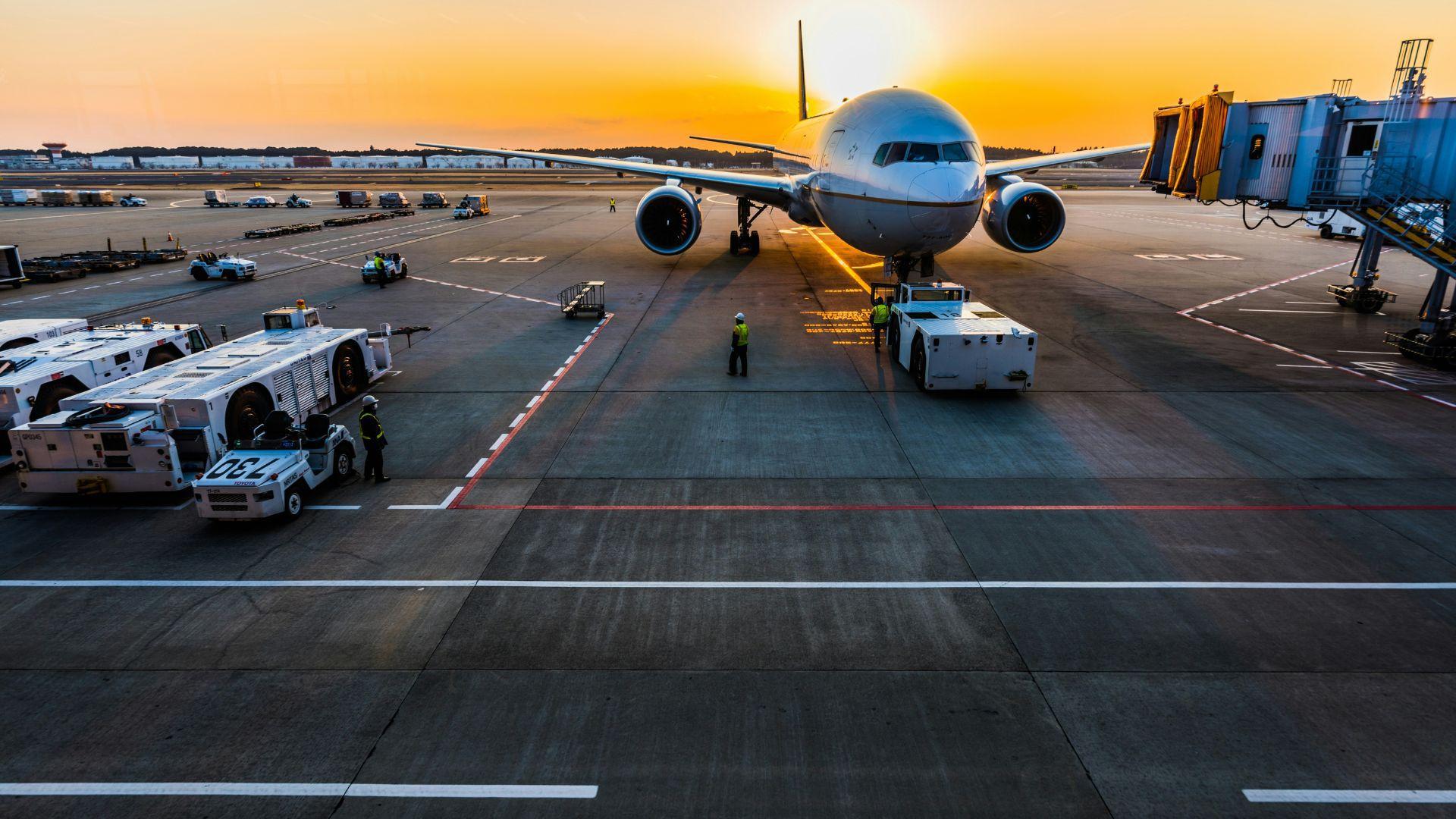
Witnessing a series of unsafe practices and experiencing management’s disregard for his safety concerns propelled Barnett to action.
His decision to blow the whistle stemmed from a deep-seated belief in the paramount importance of safety over production quotas or profits, marking a pivotal moment in his career.
Decades of Dedication

Barnett’s journey at Boeing spanned over three decades, dedicated to upholding the safety and integrity of aircraft production as a quality manager.
His transition from a loyal staff member to a whistleblower was fueled by an unwavering commitment to safety, showcasing the internal conflict faced by those who choose to challenge the status quo for the greater good.
Unveiling Unsafe Practices
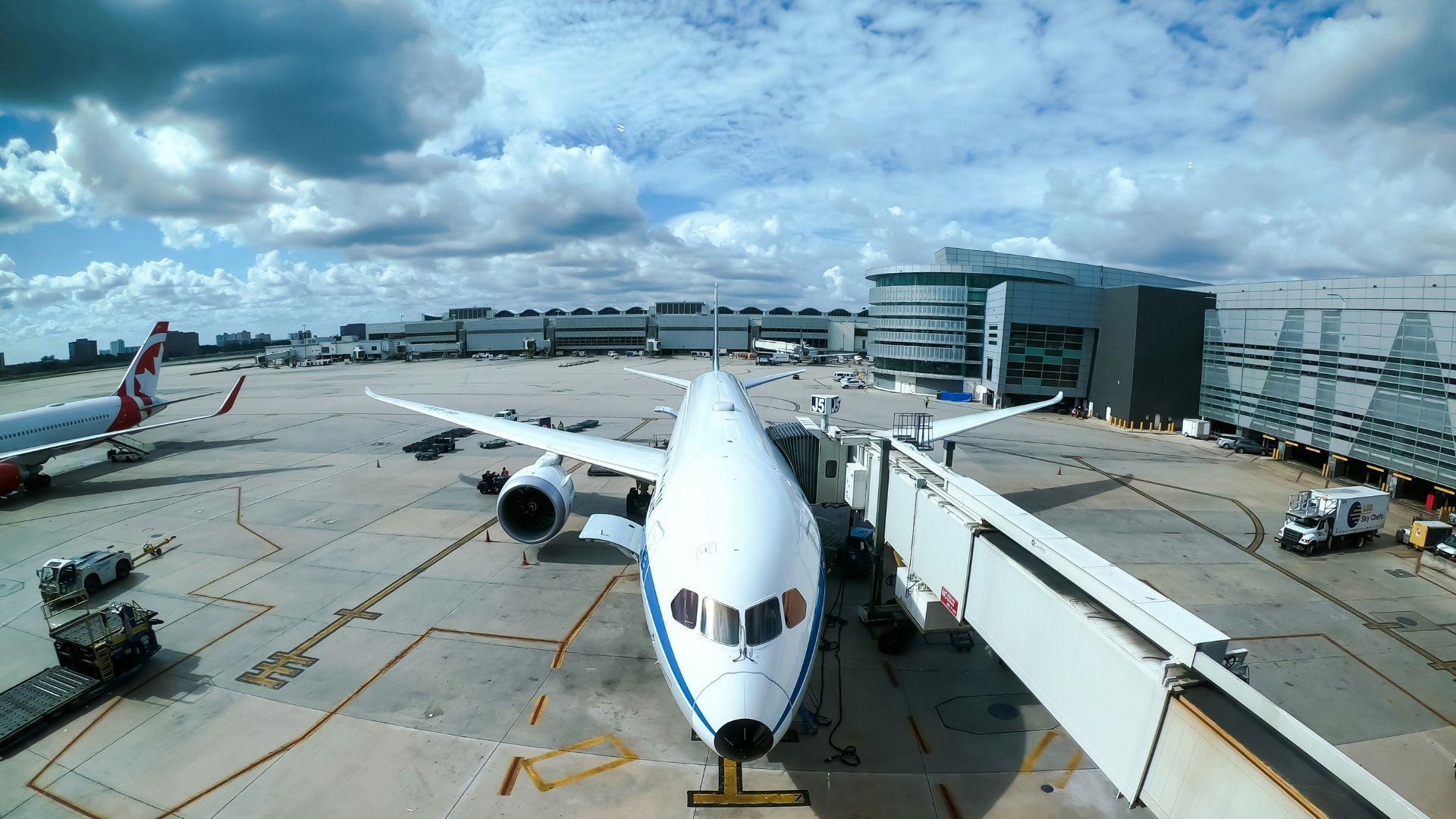
John Barnett blew the whistle on what he deemed unsafe practices within Boeing, providing evidence to the BBC in 2019, particularly concerning the 787 Dreamliner planes.
According to The Sun, he reported seeing “workers under pressure purposely fitting substandard parts onto aircraft,” a claim that put both his career and life on the line but put the importance on the critical importance of manufacturing integrity.
The 787 Dreamliner’s Safety Concerns
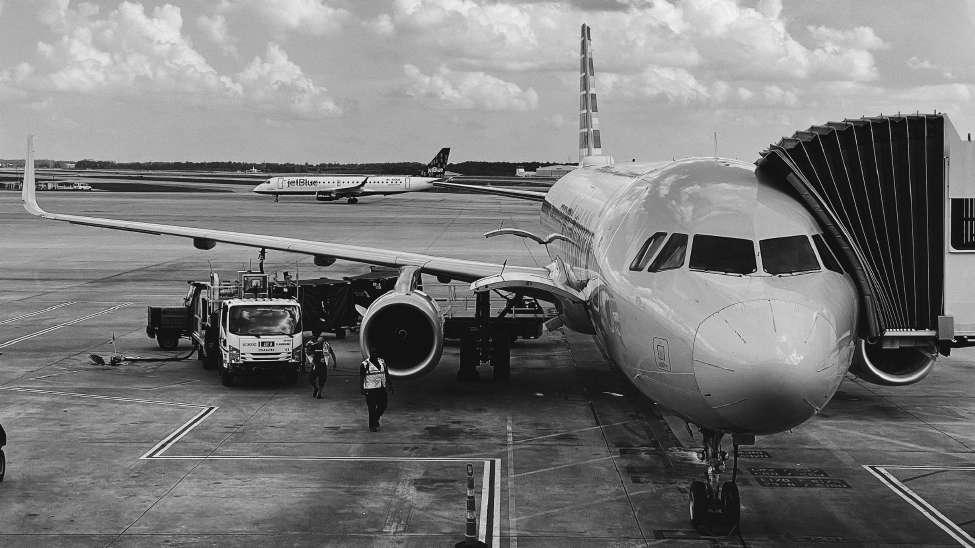
Barnett concerns about the 787 Dreamliner included issues with stray titanium shavings in electrical wiring and defective oxygen tanks.
These revelations, which he brought forward out of a duty to passenger safety, showed systemic issues within Boeing’s manufacturing processes.
Legal Battle and Personal Toll

After resigning due to job-related stress, Barnett faced a long and arduous legal battle against Boeing.
His lawsuit highlighted specific safety violations as well as a culture of retaliation that he argued was aimed at silencing his warnings, taking a significant toll on his personal well-being.
The Final Warning
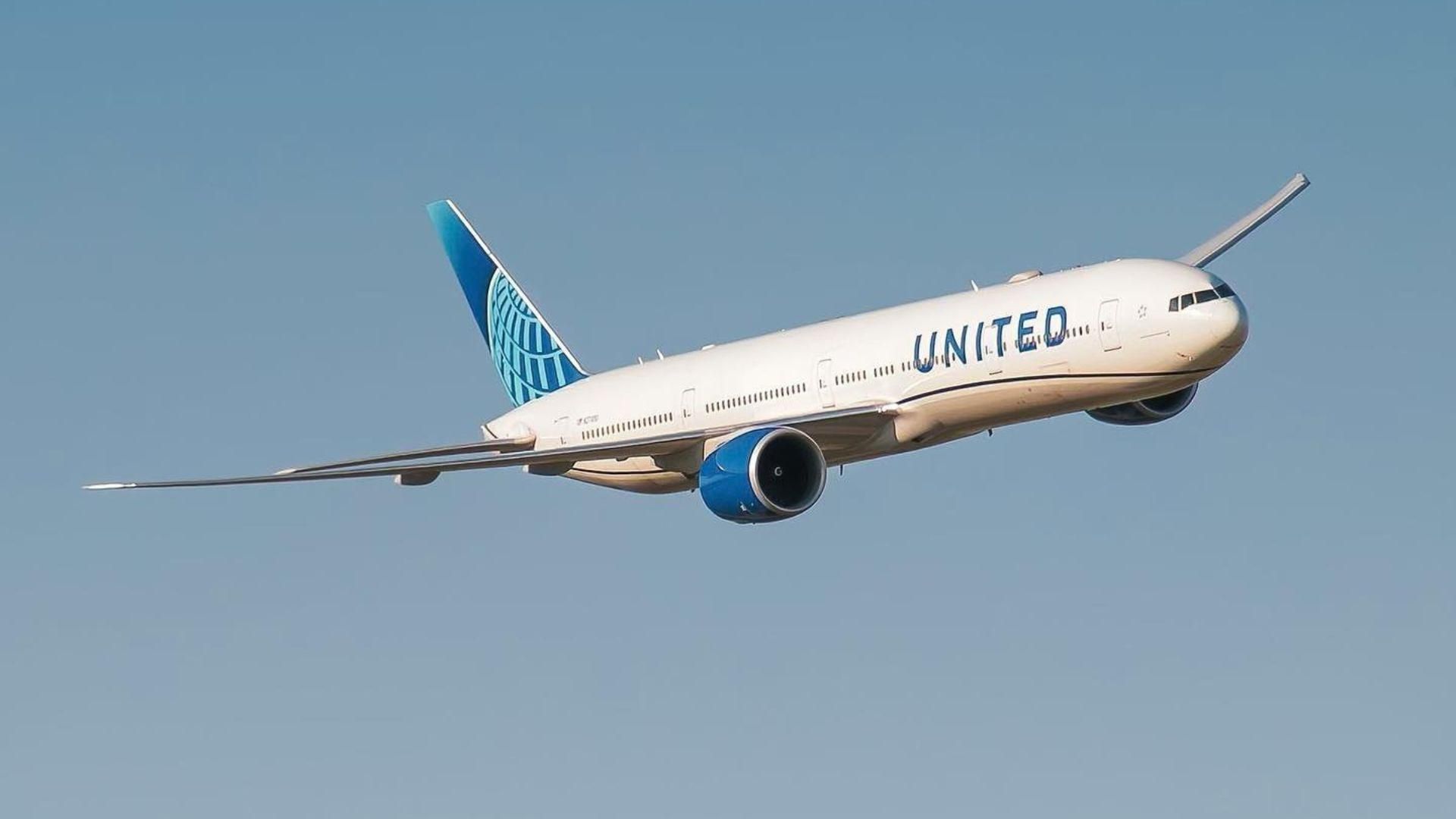
Barnett’s death, labeled as “self-inflicted” by the coroner, came under suspicious circumstances, shortly after he provided evidence against Boeing (via The Sun).
The timing and nature of his death led many, including close friends and family, to question the official narrative, igniting debates on corporate retaliation and the vulnerability of truth-tellers.
Retaliation and Public Disclosure

Barnett’s claims of being subjected to retaliation for raising safety concerns shed light on the darker aspects of corporate culture.
According to his family, who recently spoke to CBS News, Barnett reported being embarrassed at meetings and sidelined, tactics that aimed to undermine his credibility and silence his advocacy for safer manufacturing practices.
Holding Boeing Responsible

Barnett’s mother, Vicky Stokes, holds Boeing responsible for the despair that preceded his apparent suicide, emphasizing the prolonged nature of his struggles. “If this hadn’t gone on so long, I’d still have my son, and my sons would have their brother and we wouldn’t be sitting here,” she told CBS News.
The family is awaiting the conclusion of the police investigation before commenting on the cause of death but wishes to preserve Barnett’s legacy of advocating for aviation safety.
Whistle-blowing and Its Consequences

The story of John Barnett exemplifies the high stakes and severe consequences whistleblowers often face (via Harvard Business School).
Speaking out against Boeing, Barnett risked everything to bring attention to potential safety hazards, highlighting the need for robust protections for those who dare to expose the truth.
Boeing’s Tumultuous Times

Recent incidents, including emergency landings and technical failures, have cast a shadow over Boeing, putting the aerospace giant under unprecedented scrutiny (via CNN).
These events, along with Barnett’s allegations, paint a concerning picture of a company accused of prioritizing speed and cost over quality and safety.
Impact on Family and Call for Justice

The toll of Barnett’s whistle-blowing journey extended to his family, who stood by him through his legal and emotional struggles.
Following his tragic death, they have become vocal advocates for justice, seeking accountability for the treatment Barnett received and aiming to continue his legacy of safety advocacy (via CBS News).
Safety Concerns and the FAA

Following Barnett’s allegations, the FAA’s role and effectiveness in overseeing Boeing’s practices were called into question.
The agency’s subsequent investigations and findings highlighted the need for more stringent oversight and transparent safety protocols in the aviation manufacturing process, especially after finding that over 50 faulty issues were deliberately installed on some recent plane builds (via KIRO 7).
Advocacy for Whistleblower Protection

The aftermath of Barnett’s case has amplified calls for stronger whistleblower protections, especially in high-stakes industries like aerospace.
Advocates argue that employees who expose safety risks should be shielded from retaliation, a change that is crucial for fostering a culture of transparency and accountability (via Whistleblower.org).
The Industry’s Reaction
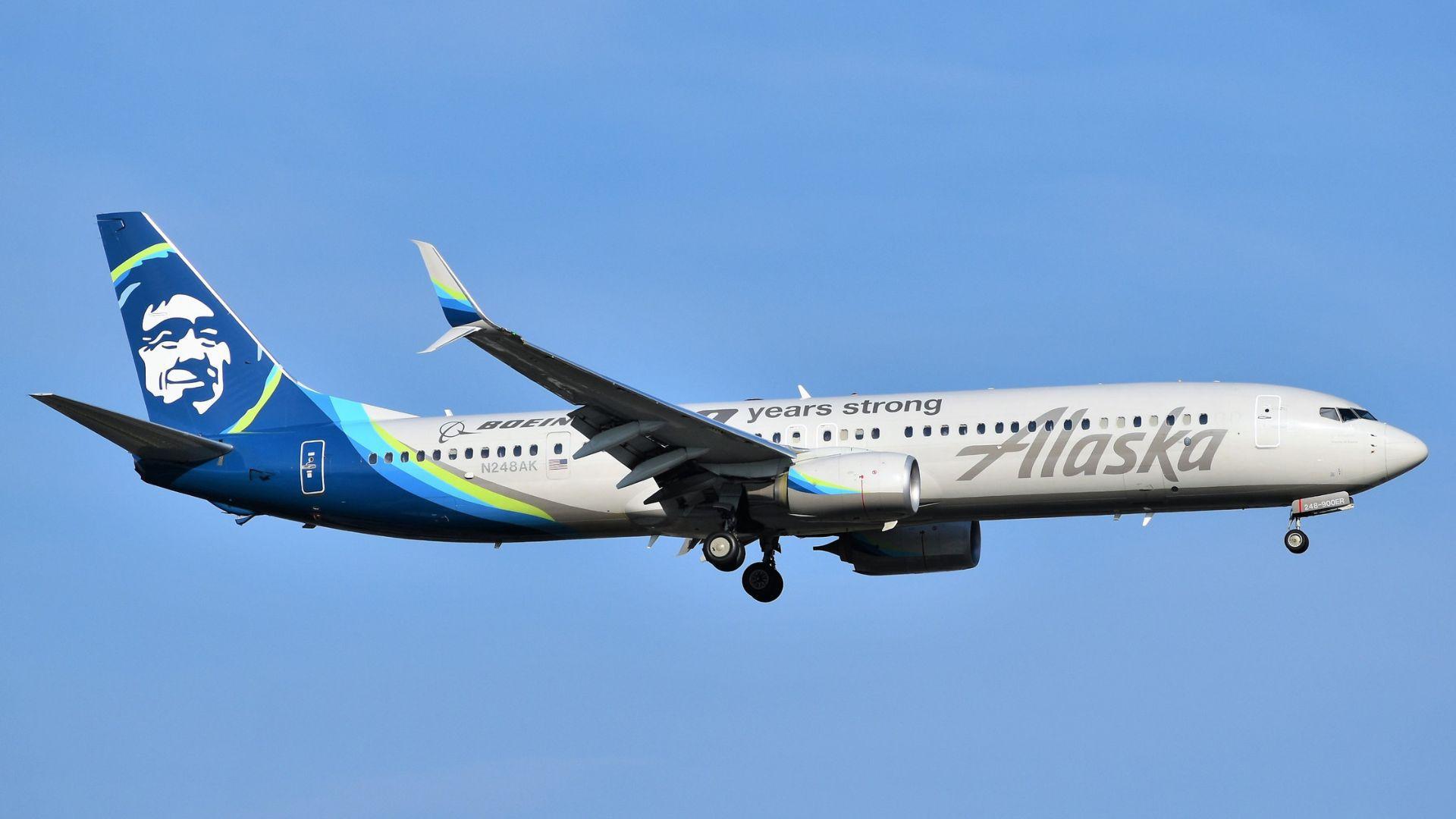
The aviation industry has been rocked by Barnett’s claims and subsequent death, leading to a reevaluation of safety standards and whistleblower protections (via The Daily Mail).
His case has stirred discussions within the sector about the need for a culture shift toward greater transparency and accountability.
Seeking Reforms in Aerospace Safety
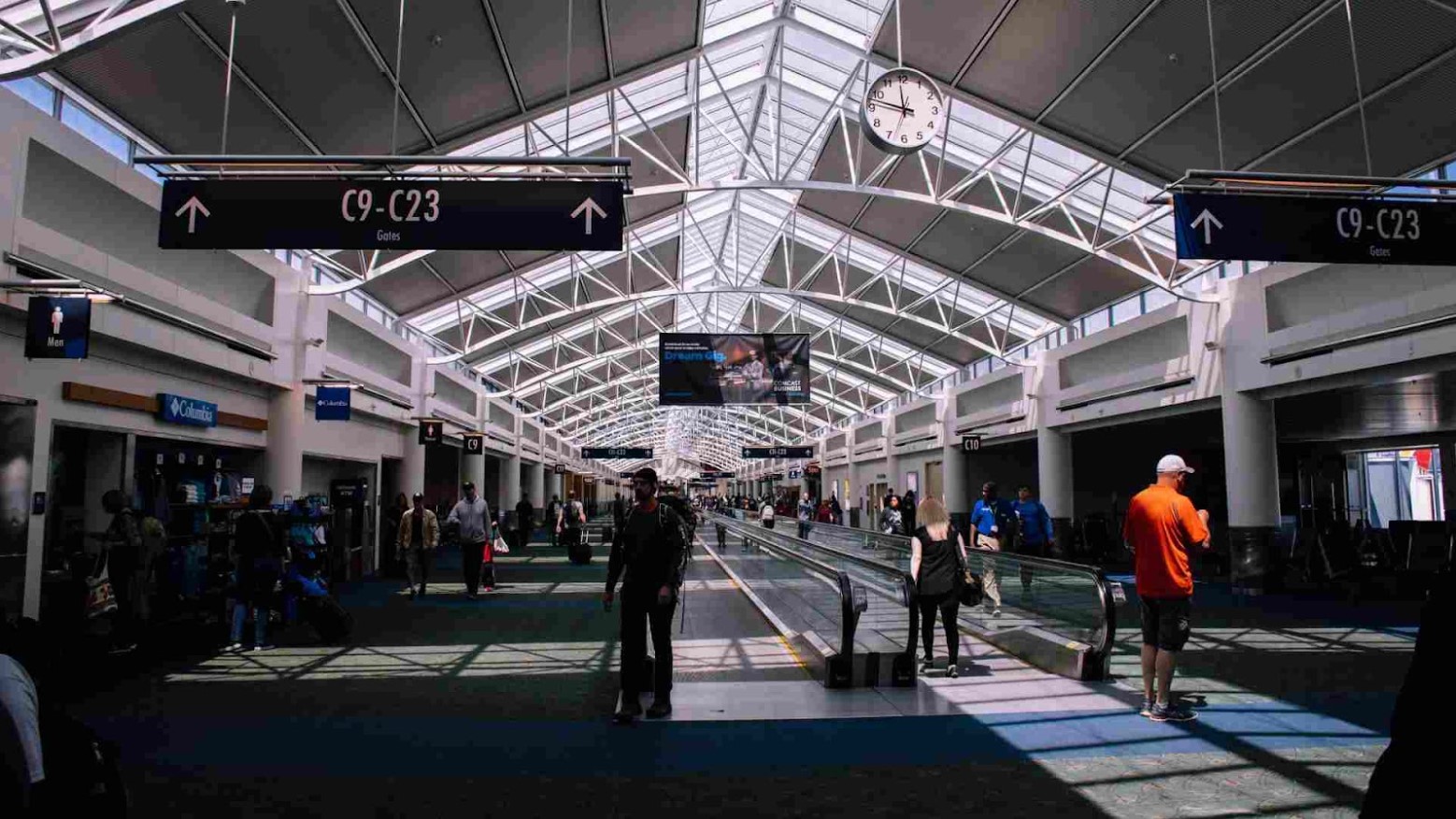
Barnett’s whistle-blowing has sparked a broader discussion on the need for legislative and regulatory reforms to ensure the safety of the flying public (via the U.S. Senate).
These reforms aim to strengthen oversight and compel manufacturers to adhere to the highest safety and quality standards, preventing future incidents.
A Legacy of Safety Advocacy
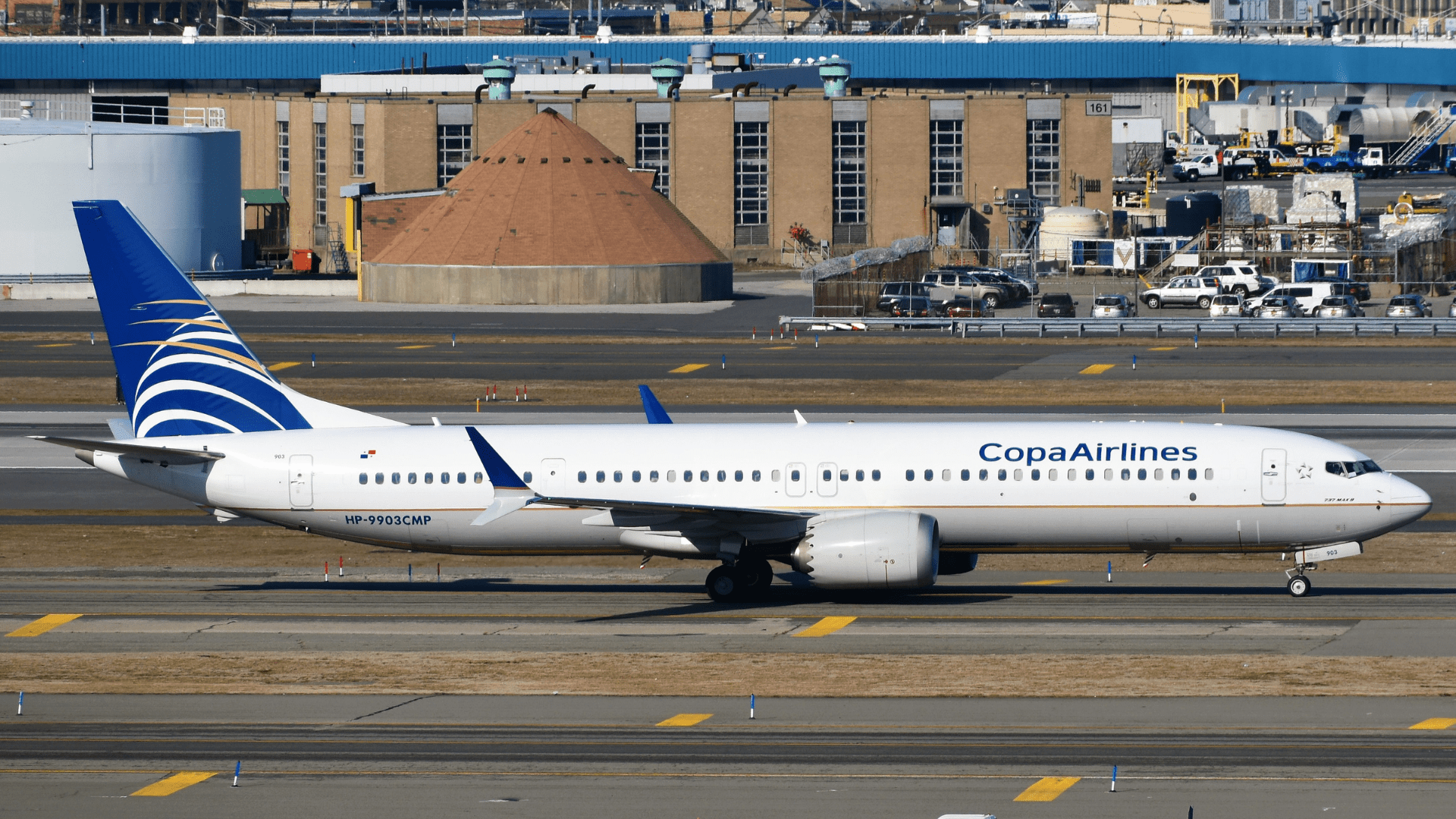
Despite the tragic end, John Barnett’s legacy as a safety advocate lives on.
His courage in coming forward has brought critical issues to light, prompting discussions on the importance of quality and safety in the aviation industry, and the moral responsibility of those within it, regardless of their status.
Seeking Justice and Reform
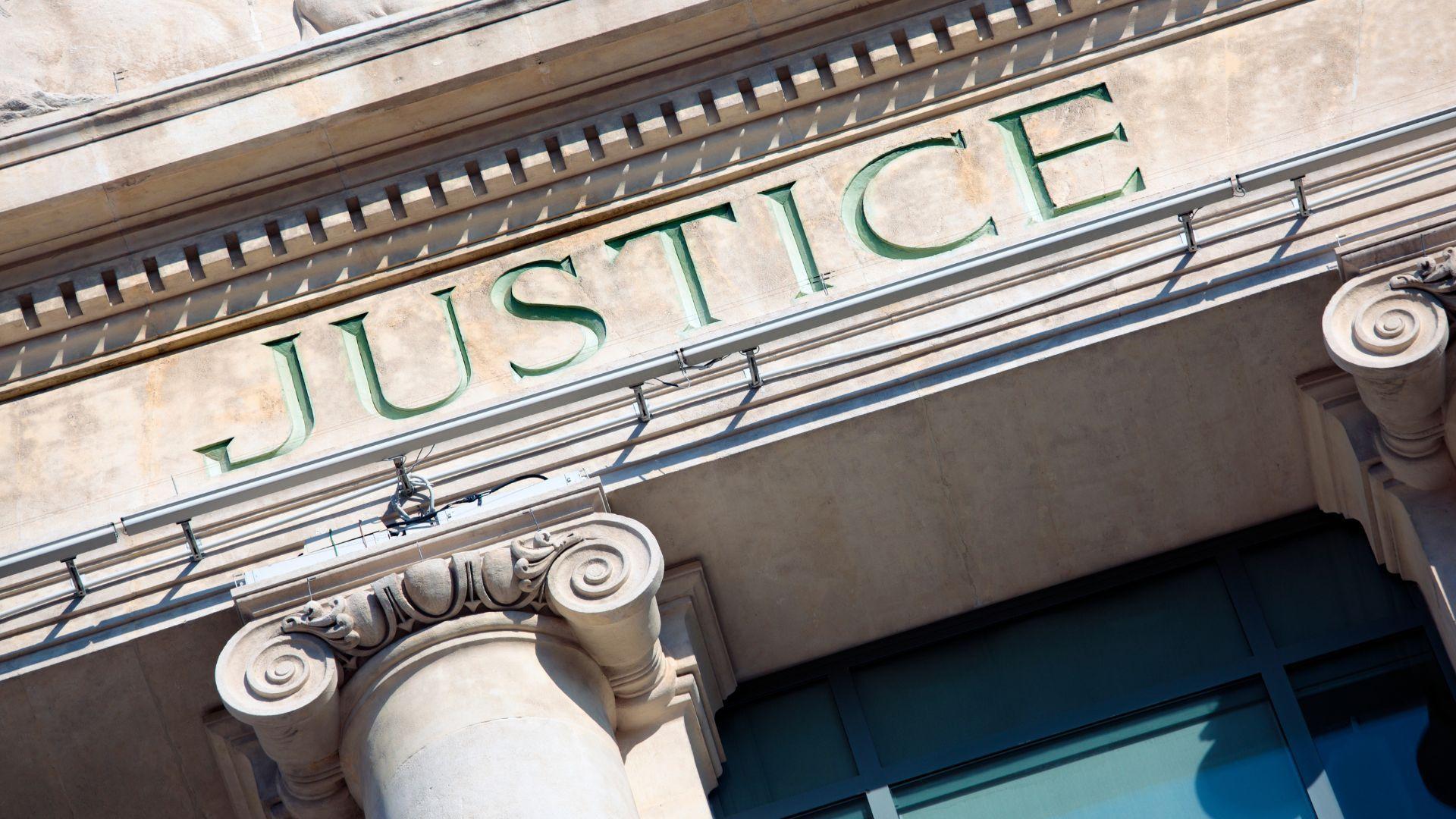
The aftermath of Barnett’s death has sparked calls for justice and systemic reform.
Advocates, family, and friends demand a thorough investigation, hoping to ensure accountability and protect future whistleblowers, ensuring their sacrifices are not in vain (via The Sun).
Continuing the Fight for Safety
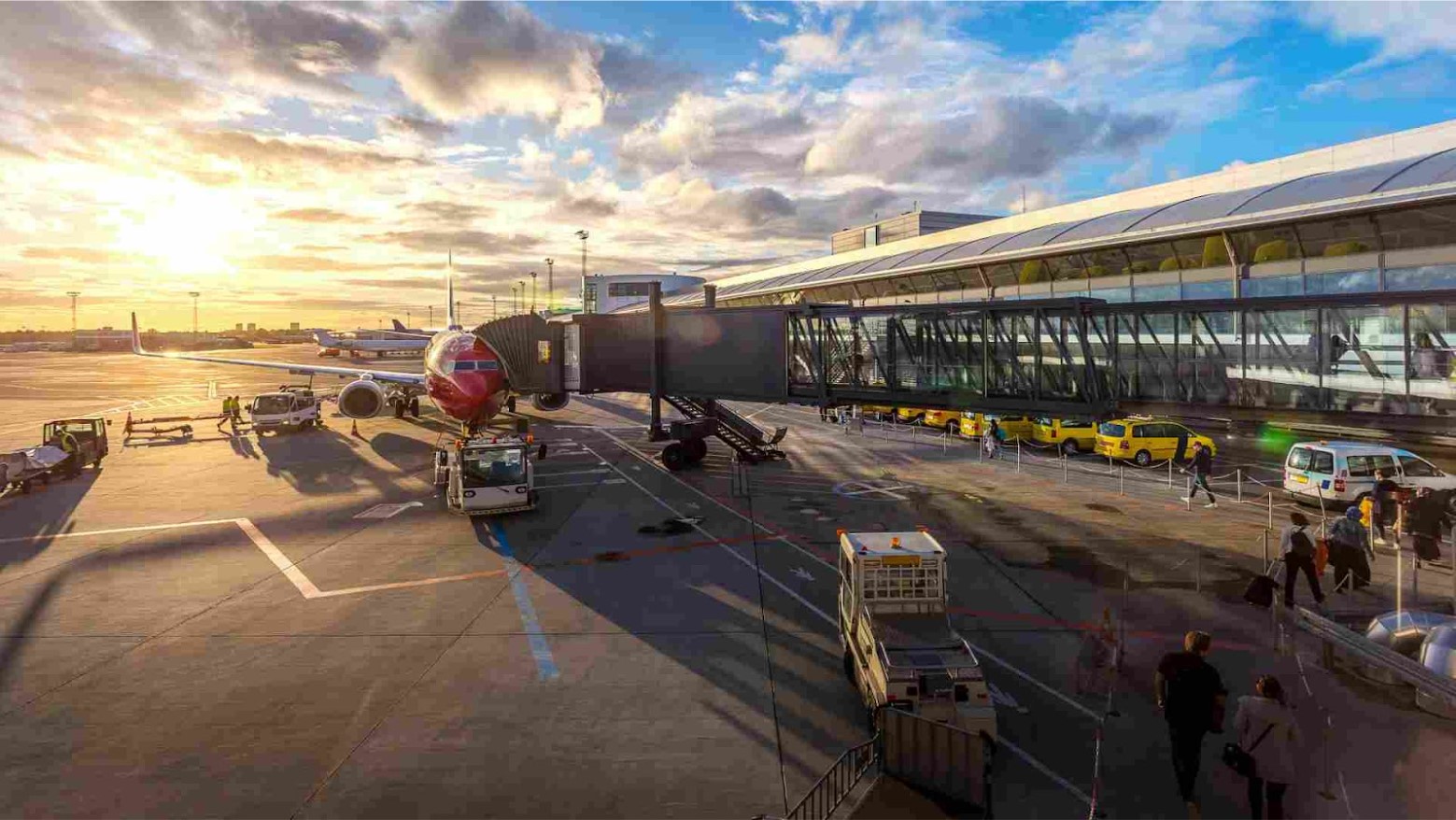
Despite the personal costs, Barnett’s legacy inspires ongoing efforts to address aviation safety issues.
Advocates and industry insiders are working to ensure that his concerns lead to tangible improvements, striving to make the aviation industry safer for both workers and passengers alike.
Reflections on Corporate Responsibility

Barnett’s story is a reminder of the critical need for corporations to prioritize ethical practices and safety over profit.
It highlights the moral responsibility companies like Boeing have to their employees, customers, and the public to maintain the highest standards of integrity and transparency.
A Call for Transparency and Integrity

John Barnett’s story is a reminder of the vital role transparency and integrity play in maintaining safety and public trust.
A collective commitment to uphold these values is vital, ensuring the aviation industry and all those within it prioritize human life and safety above all else.
Acknowledging Barnett’s Courage
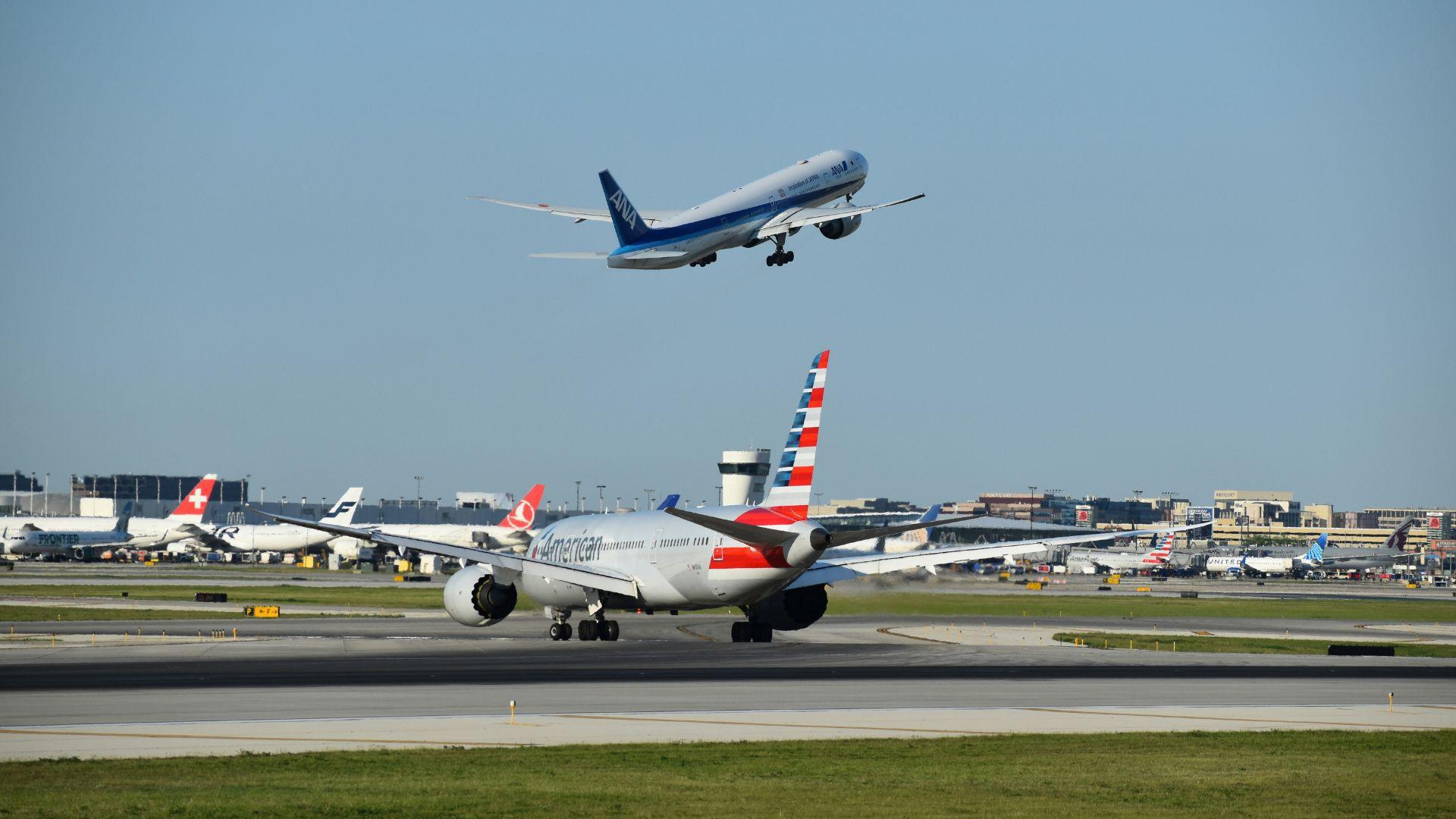
John Barnett will be remembered not just for his contributions to aviation safety but for his courage in standing up for his principles.
His life and work serve as a powerful call to action for the industry, urging a recommitment to safety, integrity, and the protection of those who speak out.
